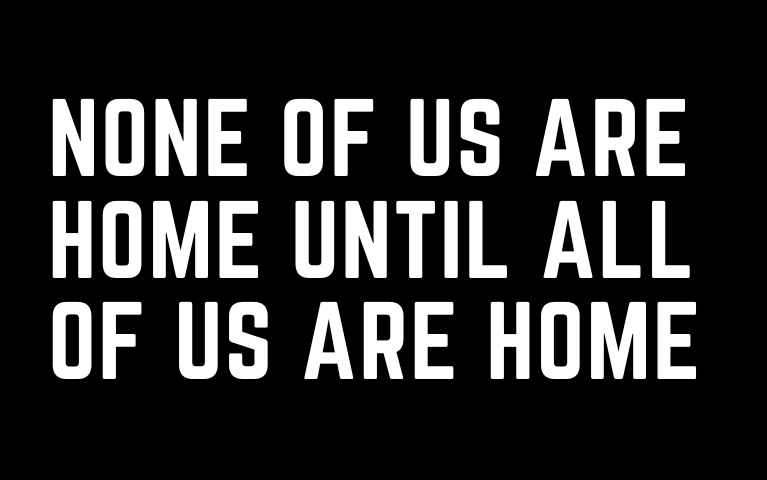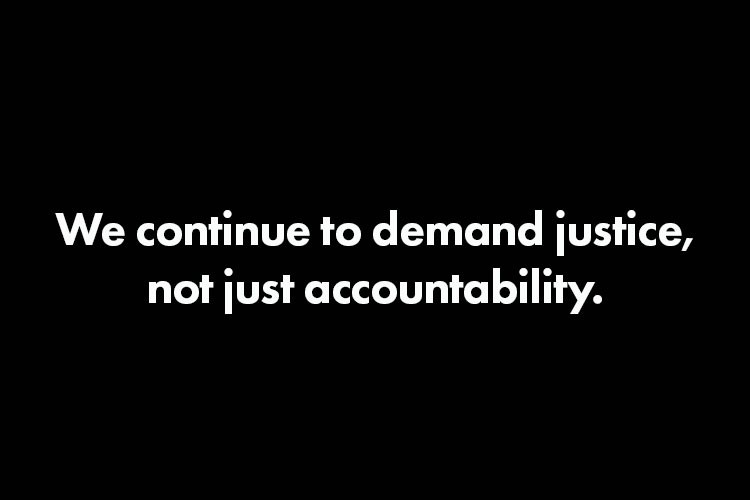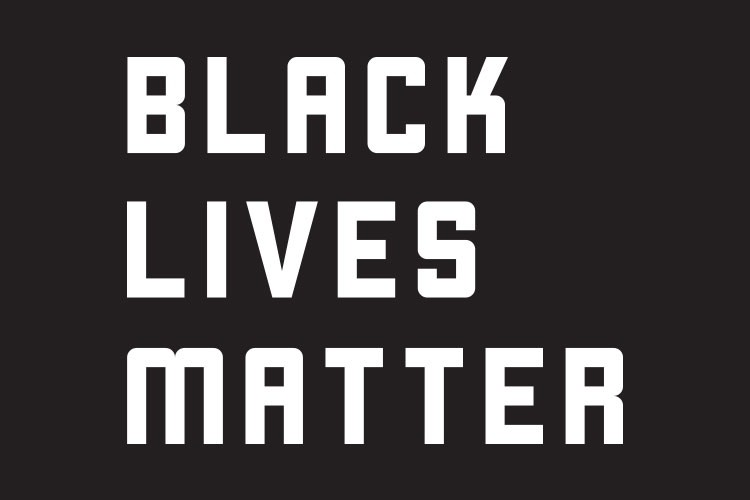A Statement on Jordan Neely's Homicide

Circumstances surrounding the chokehold and death of Jordan Neely on a New York subway car are drawing national outcry.
Jordan Neely was a young, talented, and creative African American man who brought joy to many, despite the trauma he experienced as a teenager, following the brutal death of his mother. Jordan Neely struggled with mental illness and homelessness for years in a racialized society that has long treated black people dismissively and with less value.
In the United States, In a country with a long history of racism, African Americans comprise 13 percent of the population, and 40 percent of people who are homeless.
Nor is it a coincidence that at least 90 percent of the people living on our streets experience challenges related to behavioral health, just like Jordan Neely. His death—at 30 years old—reflects a failure of our social contract with one another. It highlights our deep loss of compassion and humanity as a society and our willingness to stand by quietly as bystanders in the face of injustice.
It highlights our deep fears of mental illness, and how our lack of affordable housing and access to quality behavioral health care combine to render so many of our citizens homeless.
So many who have no homes, no stable place to sleep, and no food experience mental illness. Those experiences, and the ensuing isolation, cause and contribute to further behavioral health challenges. When we talk about housing people, we must also talk about building a system which supports mental health for all of us. We must do better.
We are a society of broken people, and our healing will only come when we begin to see one another as human. Before Daniel Penny threw Jordan Neely into a fatal chokehold, he also expressed deep feelings of isolation, disaffection, and emptiness.
Our primary work as a society should be to respond to each other with compassion and respect. We must challenge implicit and explicit biases, replace assumptions with information, and interrupt harm when we see it and not merely act as silent witnesses in the face of injustice. It is only then that we can truly build our capacity to care for one another.
A week from now, Philadelphia will hold a primary election, which will determine the final contenders running this fall.
Many citizens are advocating for affordable housing for all—especially for those who are most vulnerable. We are advocating for more human interventions when people experience a mental health crisis. We are advocating for decency and compassion in how we treat everyone in our society.
Which candidates are committed to ending and preventing homelessness?
We call on the Mayoral and City Council Candidate’s to address these questions in their platforms.
These questions of mental health, public policy, and social compassion are at the core of what our city needs to be restored and remade. We must elect candidates who share our urgency and our outrage. We must elect candidates who share our demand for change. We must do better.
Today and all days, we remember Jordan Neely. We mourn him. We honor him by fighting for a city in which subways, train stations, and emergency rooms are not the last resort for people who are unsheltered. A city of brotherly love and sisterly affection. A city where everyone has a safe and affordable home and a sense of belonging.
None of us are home until individuals like Jordan Neely are home. None of us are home until all of us are home.


